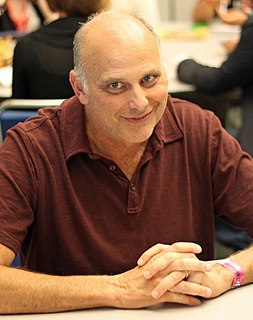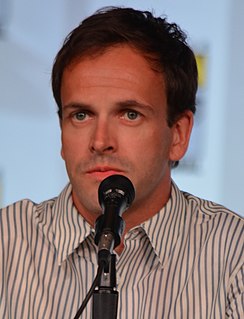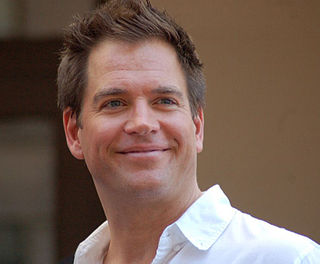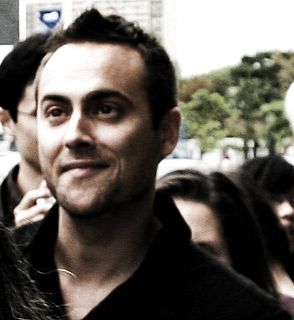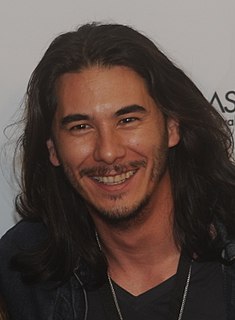A Quote by Brad Pitt
I've worked with some really great directors, and I'm really choosy about them because they're telling the story at the end of the day.
Related Quotes
Stories? We all spend our lives telling them, about this, about that, about people … But some? Some stories are so good we wish they’d never end. They’re so gripping that we’ll go without sleep just to see a little bit more. Some stories bring us laughter and sometimes they bring us tears … but isn’t that what a great story does? Makes you feel? Stories that are so powerful … they really are with us forever.
I've worked with Jack Nicholson and Robert De Niro and Tom Hanks. I've worked with some really good directors: Woody Allen, Paul Schrader... My God, I've really worked with a lot of people. But I'm intimidated by them, and I'm always thinking, "Oh, my God, he's not going to like me, and I'm going to get fired."
What's neat about TV is you get really rich, an opportunity to tell really rich stories over the course of 20 hours. Film is cool because it's an hour and a half to two hours. You go on an adventure and by the end it's all cleaned up. Maybe in a franchise you have three chapters of a great story but in TV you can really get deep. You have more time to tell stories so I would definitely not rule out doing television in the future because I think it's a great medium for telling stories.
Practically everybody I've ever worked with, I'd like to work with again. I had a great time with the people that I've worked with, and the directors, and a lot of the casts. There's really nobody where you'd say, "Oh, I got X, Y, and zed again! Gahhh, no!" It really brings a smile to my face, because in 95 percent of the cases, people I've worked with, I'd be thrilled to work with again.
People have suggested that perhaps we are too affluent to be telling this story, which is amazing to me because then I wonder what story I am allowed to tell. Having been working with the homeless for the past years, I noticed lots of things about them, but one thing I really noticed was that they were probably too busy just getting though the day to make a film about themselves.
Filmmaking, at the end of the day, is really - in addition to the story and all of the equipment and the actors, it's really about time management. And so the smartest filmmakers are the ones who sort of pre-visualize the film in their head and are literally shooting the shots they need to cut the story together.
If I'm going to do a big film, I'm very choosy about what I do, because I think I want to continue - in fact I'm sure I want to continue - to stay in the realm of independent films with directors and writers who are just emerging with new ideas and a different vision that hasn't really been expressed yet.



